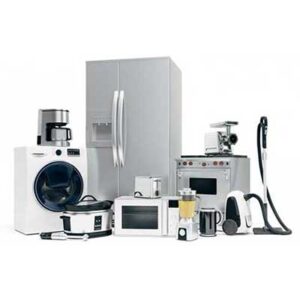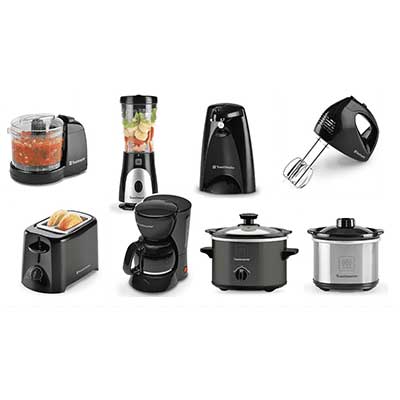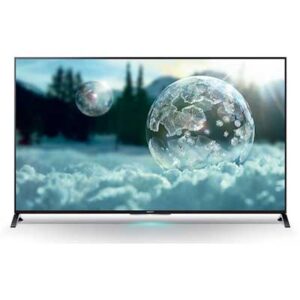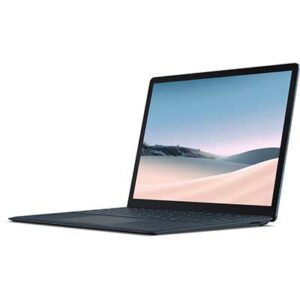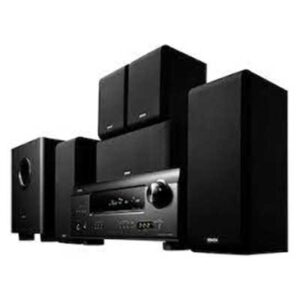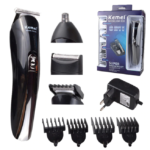Ensure Efficiency And Dependability With This Comprehensive Guide To Commercial Refrigerators And Freezers Leave a comment
Introduction
Commercial fridges and freezers are essential for preserving and storing perishable foods in the hectic world of food service and hospitality. Owning a restaurant, grocery store, or any other kind of company that has to preserve food, investing in top-notch commercial refrigeration equipment is crucial. We will examine the major characteristics, advantages, and maintenance advice for commercial refrigerators and freezers in this extensive guide, along with the things to take into account before buying.
Understanding Commercial Refrigerators and Freezers in Section 1
business refrigerators and freezers are better at chilling and storing than their household counterparts since they are made exclusively for business usage. For the purpose of ensuring food safety and extending the shelf life of perishable goods, these units are designed to resist high use and maintain stable temperatures.
Types of Commercial Refrigerators and Freezers in Section 2
2.1 Reach-In Refrigerators and Freezers: The most popular varieties of commercial refrigeration equipment, they are designed for simple access and storage item organisation. To meet varied purposes, they are available in a variety of sizes and arrangements.
2.2 Walk-In Freezers and Refrigerators: Walk-in units are perfect for large-scale operations since they provide plenty of storage space and facilitate simple product transfer. They are often utilised in eateries, lodgings, and catering establishments.
2.3 Undercounter Freezers and Refrigerators: Undercounter units are ideal for businesses with limited space since they can be easily positioned under counters or workstations while still offering effective cooling and storage.
2.4 Display refrigerators and freezers: These appliances are created specifically to display goods and attract consumers. They are often seen at supermarkets, quick-service restaurants, and pastry shops.
Section 3: Important Features and Advantages
Commercial refrigerators and freezers have sophisticated temperature control systems that keep temperatures stable and precise while preserving the freshness and quality of stored goods.
3.2 Energy Efficiency: Modern refrigeration systems are built with energy-saving components like LED lighting, high-efficiency compressors, and enough insulation to help companies save on energy and operational expenses.
3.3 Robust usage in business settings is designed to be withstood by commercial refrigerators and freezers. They are built with premium components to ensure durability and long-term performance.
3.4 Ample Storage Capacity: These units have a lot of storage capacity, which enables companies to keep a lot of perishable items on hand. This prevents the need for regular restocking and guarantees continuous operations.
3.5 Compliance with Food Safety Regulations: Commercial bottom mount fridge and freezers are made to adhere to strict guidelines for food safety, assisting companies in maintaining appropriate storage conditions and preserving the freshness and quality of their goods.
Section 4: Commercial Refrigerators and Freezers Maintenance Advice
4.1 Regular Cleaning: To avoid the accumulation of impurities and provide a sanitary storage environment, regular cleaning of interior surfaces, shelves, and door gaskets is essential.
4.2 Temperature Monitoring: Make sure the temperatures within the devices are kept within the prescribed range by routinely checking and recording them. This assists in spotting possible problems and avoiding food spoiling.
4.3 Proper Air Circulation: Make sure that the units are properly ventilated by keeping them away from walls and leaving enough room for ventilation. This keeps cooling efficiency at its peak.
4.4 Timely Defrosting: If your appliance isn’t frost-free, be sure to defrost it often to avoid ice formation, which may impair performance and lower energy efficiency.
4.5 Professional Maintenance: Arrange for a licenced expert to examine and maintain your commercial refrigeration equipment on a regular basis. They are able to see possible problems and fix them before they become worse, guaranteeing continuous functioning.
Section 5: Things to Think About Before Buying
Determine the storage capacity you need depending on your company’s requirements and the space that is available. Choose a unit that can hold your inventory without being crowded after taking into account the amount of perishable items you handle on a daily basis.
5.2 Energy Efficiency: Seek for industrial freezers and refrigerators with energy-saving features including ENERGY STAR certification, LED lighting, and programmable temperature controls. Over time, energy-efficient equipment may drastically lower operational expenses.
5.3 Cooling System: Select the cooling system type that most closely matches your requirements. Top-mounted and bottom-mounted are the two primary varieties. Bottom-mounted systems provide simpler access for maintenance, while top-mounted systems are great for dusty areas because they prevent debris from getting into the cooling unit.
5.4 Temperature Range: Check that the commercial freezer or refrigerator you choose has a temperature range appropriate for the goods you want to store. Being able to regulate and maintain the right temperature is crucial since different objects have different temperature needs.
5.5 build and Durability: Consider the unit’s durability and build quality. Look for characteristics like shelving that is sturdy, reinforced doors, and stainless steel exteriors. These components help the device last a long time and be reliable.
5.6 Ease of Cleaning and Maintenance: When choosing a business refrigerator or freezer, take cleaning and maintenance requirements into account. Condenser coils that are easily accessible and with features like detachable shelves and gaskets make cleaning easier and guarantee regular maintenance.
5.7 Warranty and Brand Reputation: Before making a purchase, learn about the manufacturer or brand’s reputation. Choose well-established companies who are renowned for creating dependable, high-quality refrigeration equipment. Check the warranty conditions as well to make sure there is sufficient assistance and coverage.
Our social media presence at instagram plugnpoint
Conclusion
Making the best selection for your company’s operations, product quality, and general efficiency requires careful consideration of the commercial refrigerators and freezers available. You may make an educated choice that meets your unique needs by taking into account aspects like capacity, energy efficiency, cooling system, temperature range, structure, simplicity of cleaning, and brand reputation. Consider the long-term advantages before making an investment in equipment that will help your company succeed in the food service sector.
Do your homework, talk to experts, and make an investment that will guarantee the safe storage and preservation of your perishable items.

